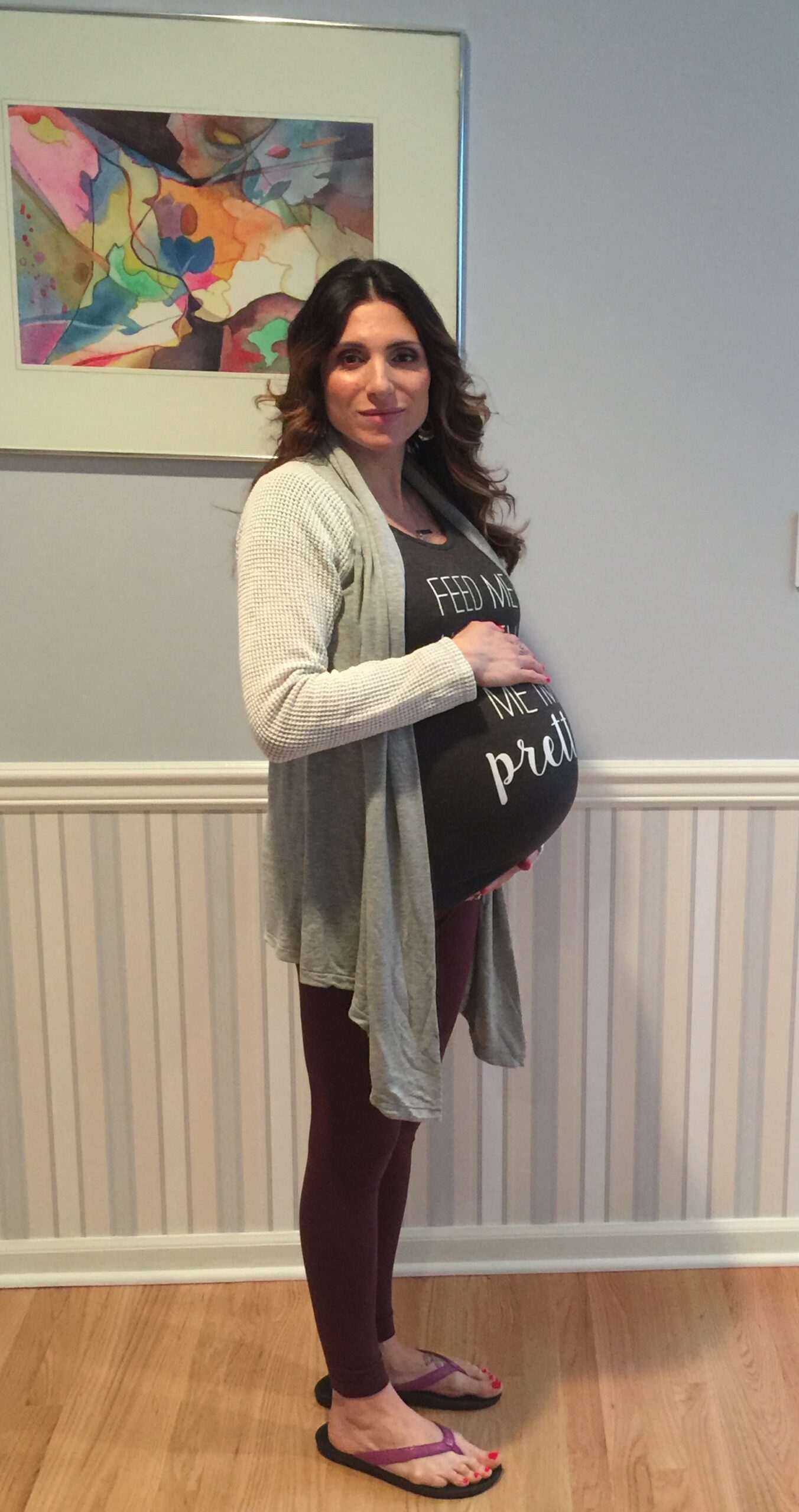As a psychotherapist specializing in Perinatal Mood and Anxiety Disorders (PMADs), I’ve worked with several moms who are traumatized because their birth didn’t go according to plan. Mom planned a water birth, but needed to be monitored so she couldn’t be in the water. She wanted to go naturally but baby was way overdue and so she was induced. Mom wanted an epidural but baby came too fast. The possibilities for how birth experience falls short of moms’ expectations are endless. With so much emphasis on “your body was made for this,” any birth short of perfection can leave a mom feeling as though her body has failed, and that she’s an inadequate mother from the very beginning. It’s time to reframe these perfectionistic expectations around birth.
For the birth of both my babies, I was lucky enough to deliver with a midwife who taught me the importance of communication and trust in your provider. She also is an amazing prenatal yoga instructor, all around baby guru and friend, so I was able to see her often, both in an out of the office. It allowed me to trust her, as well as my body and it’s ability to grow and birth my babies. It allowed me to be more flexible and accepting once it was time to give birth.
A birth plan can be a useful communication tool for getting on the same page as your support system and provider. It’s a starting point for discussion about your wishes for labor and delivery. If all things were optimal, what would you like to see happen? Who do you want there? What are your thoughts on medical interventions as needed? What do you want to avoid if possible? What questions do you have for your provider? A birth plan can help a mom assert her needs.
On the flip side, birth plans can play a role in traumatic birth experience when mom becomes too fixated on birth happening in an exact way. As if there is a right and wrong way to give birth. A plan gives a perfectionistic mom a false sense of control during a time when control is not an option, and she may benefit more from accepting and letting go of expectations.
Trauma is an experience that changes us permanently, and reduces our ability to cope. Birth changes women permanently, and when birth doesn’t go how mom has envisioned, it can greatly impact her ability to cope once baby arrives. Mamas can conceptualize any birth as traumatic. For example, one mama might find a c-section traumatic, while another might find relief in having a c-section. Trauma is unique to that individual’s perspective and experience. Thus, being flexible about possibilities and expectations surrounding birth can help mitigate what a mama might internalize as traumatic.
A birth plan can’t replace your relationship with a trusted provider. If mom trusts her provider, and knows that provider has her and baby’s best interest at heart, she can have open conversations about multiple possibilities during the birth experience. It is important that mom feel heard and validated about her concerns. Hopefully, she will be receptive when they suggest interventions to help progress the birth process in a safe manner, especially when time is very limited during labor and delivery.
Additionally, for a parent who identifies as marginalized – for LGBTQ+ parents, people of color, or immigrant parents for example, it is even more important to find a provider who educates, validates, is culturally sensitive, and makes parents feel heard in order to mitigate against a traumatic birth experience. The American College of Obstetricians and Gynecologists acknowledged in 2019 that racial bias in the healthcare system contributes to a disproportionate maternal mortality rate among minority women.
Pregnancy and childbirth are just the beginning of this out-of-control experience of parenthood. When we impose rigid plans and expectations on how birth should unfold, we set moms up for disappointment from the very start. This rigidity can extend right into the breastfeeding experience, how that “should” go, which then becomes another measure of being a “good mother.” Unrealistic expectations on mothers can easily continue to spiral, causing further anxiety and depression during the vulnerable postpartum period.
Instead of a rigid plan of how things should go, I encourage moms to discuss their wishes and develop a solid relationship with their provider, gain education from a variety of resources, and know their options. Trust yourself, your body, and your care team. There is no wrong way to birth your baby. A “natural” birth doesn’t make someone a better mother, and using interventions as needed doesn’t make someone less of a mother. There is no right or wrong way.



